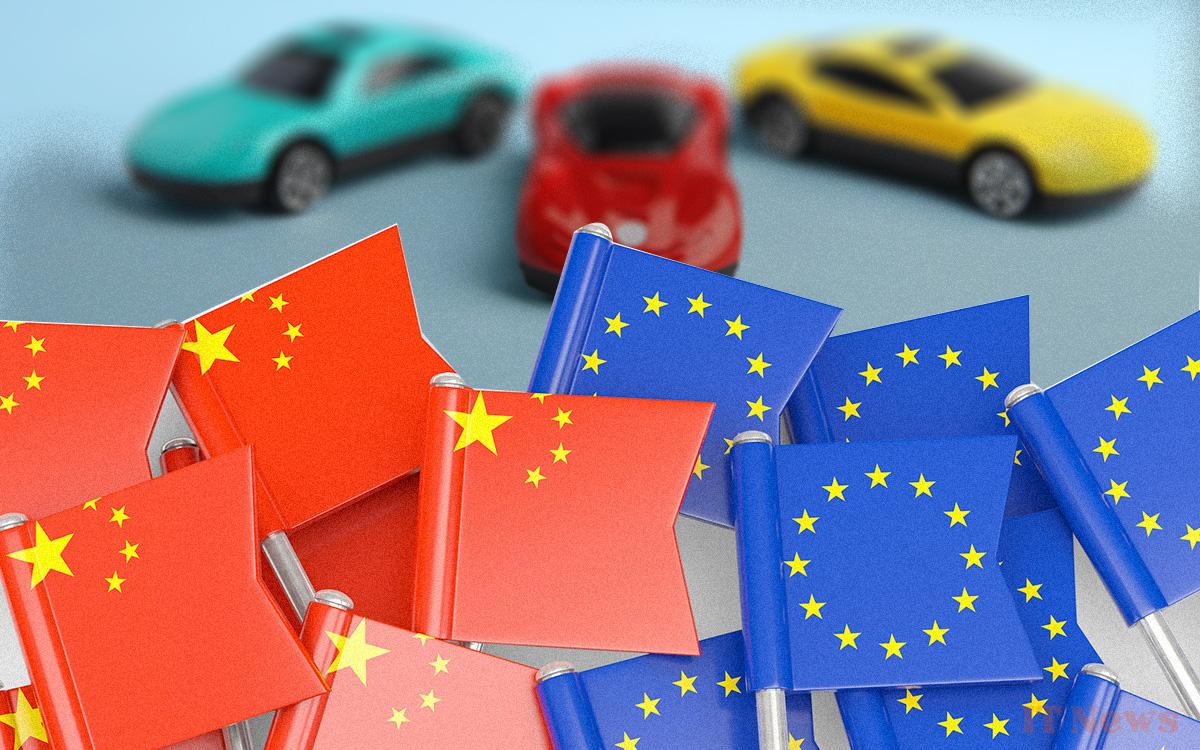The European Union and China have agreed to negotiate the abolition of customs duties on electric cars, on the sidelines of a video conference to strengthen trade. This will, incidentally, mark a difference in the face of... the controversial customs strategy of the United States.
The approach is diametrically opposed to that of the United States. During a video conference between the European Commission and the Chinese Ministry of Commerce on Thursday, April 10, 2025, the two parties agreed to negotiate the abolition of customs duties that currently apply to Chinese electric cars imported into Europe.
Mario Sefcovic, the European Commissioner for Trade Relations and Economic Security, and Chinese Minister Wang Wentao also agreed to strengthen economic ties between the two parties in many sectors. This is a way of responding to the new American customs scale targeting China. The country remains the target of the White House tenant. Even though particularly negative economic signals have forced it to suspend its customs tariffs with its other trading partners for 90 days.
Europe adopts an approach diametrically opposed to that of the United States
At the end of the conversation, China said it hoped that Europeans would continue to adhere to liberalized international trade, multilateral, and based on rules “which will bring greater stability and predictability to the global economy and international trade”.
The Europeans also agreed to defend, with their Chinese counterparts, a reform of the World Trade Organization. With the aim of creating a more business-friendly space that can better address trade-related issues.
Until recently, Europe applied a 10% import tariff on electric cars manufactured in China. This rate was recently revised upwards in retaliation for measures taken by the Middle Kingdom against the subsidy policy in force in the Member States.
The tax can now rise to 35.5%. This translates into rates of 17% for BYD, 18.8% for Geely, and 35.3% for the SAIC brand (source: actu-environnement.com). Negotiations are expected to take place soon, on a date that has not yet been communicated. The question now is how French and European manufacturers will be able to position themselves in the face of this increased competition.
According to the information available, the issue of subsidies such as the Ecological Bonus does not appear to have been specifically discussed during this call.




0 Comments